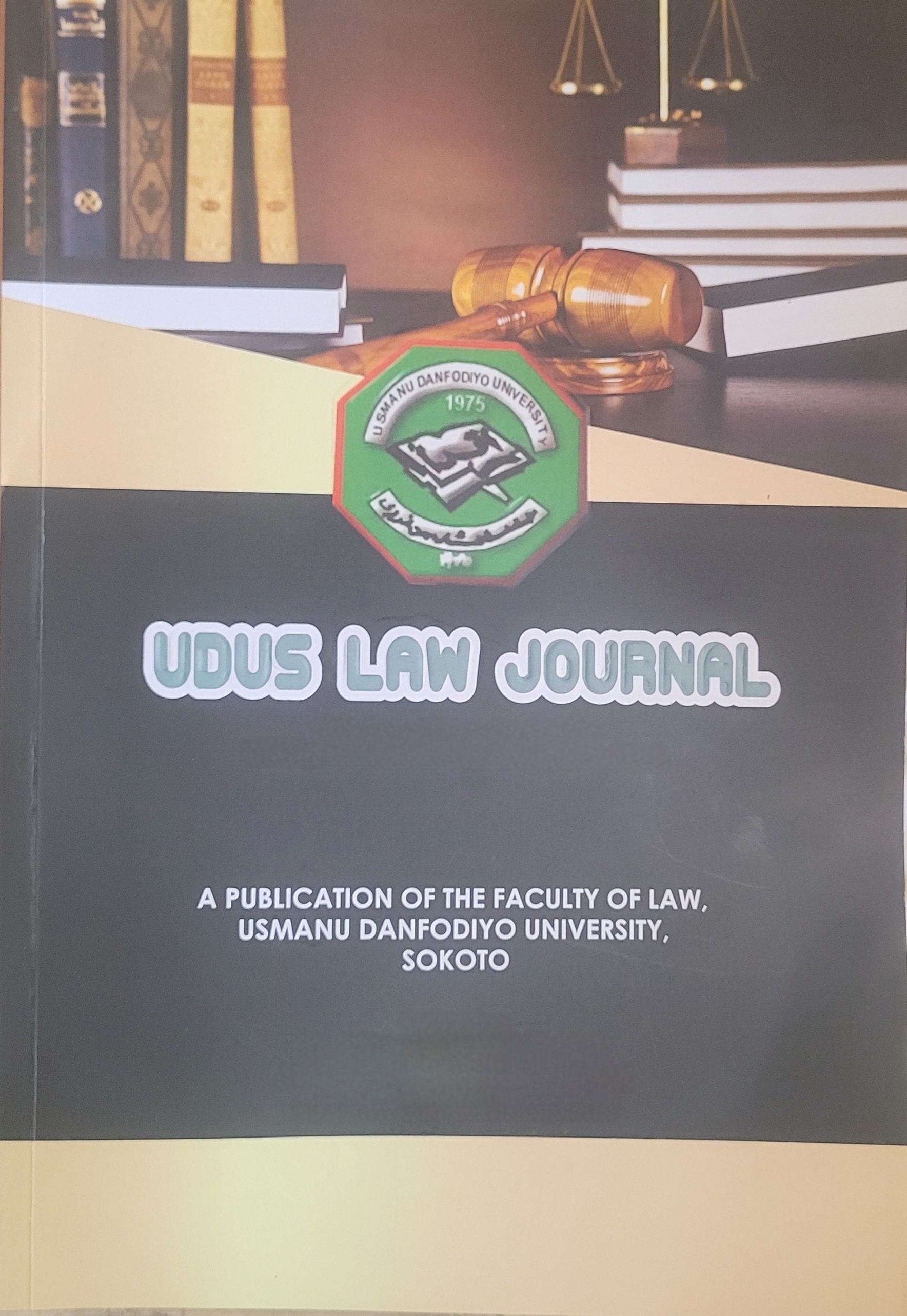Abstract
One major distinction between Islamic Capital Market and the conventional capital market is in the area of compliance with Islamic principles and rulings. This is always achieved through the Shari’ah governance mechanism. The Islamic Capital Market comprises both the Islamic debt market such as the Islamic equity market and Sukuk (Islamic bonds). One of the issues with private Sukuk structure in Nigeria is that it needs no approval of the Securities and Exchange Commission (SEC) as in the case of a public Sukuk. This practice, therefore, eliminates the additional level of Shari’ah compliance which is the case in public Sukuk. Similarly, the SEC rules provides for the establishment of the Shariah Advisory Council which shall be set up by the regulators to serve the financial market. But as it is now, the SEC is yet to establish the council and it refers such matters on Shari’ah compliance to the Financial Regulation Advisory Committee of Experts (FRACE) at the CBN for validation. In view of the above, this paper, therefore, examines the viability or otherwise of the framework for Shari’ah Governance in Islamic Capital Markets in Nigeria. It concludes that there is a need for a review of the Shari’ah governance practice in the Islamic capital market in Nigeria with the urgent need for the Securities and Exchange Commission to establish its independent Shari’ah Advisory Council as required by its rules.



 National Library of Nigeria
National Library of Nigeria.jpg) Association of Nigerian Authors
Association of Nigerian Authors Nigerian Library Association
Nigerian Library Association EagleScan
EagleScan Crossref
Crossref